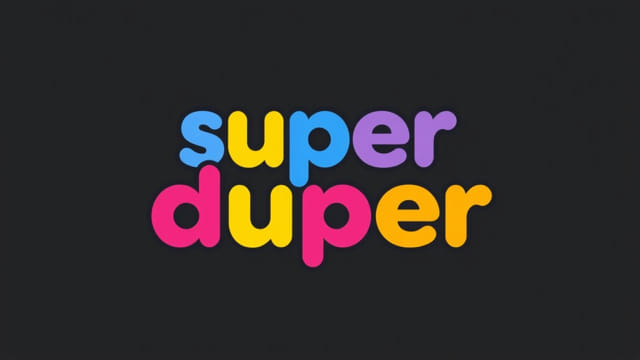What Does ‘Super Duper’ Mean?
Every now and then, a quirky phrase pops up in everyday conversation that makes people smile or pause for a moment. One such phrase is super duper. While it may sound like something out of a children’s book or cartoon, it’s a real expression that has made its way into modern speech. Whether it’s used to add emphasis or just to be playful, the term carries a charm that makes it stick. Understanding what ‘super duper’ means and how it’s used provides insight into informal English, especially in American slang and pop culture.
Understanding the Meaning of Super Duper
At its core, super duper is an informal phrase used to intensify the word super, which already means excellent or very good. When someone says something is super duper, they are taking enthusiasm up a notch. It’s not just good, it’s really, really good. The phrase adds a whimsical or exaggerated tone, often used in a lighthearted or humorous context.
Etymology and History of the Phrase
The phrase super duper likely originated in the United States during the early to mid-20th century. It follows a rhyming pattern that’s common in English playful language similar to phrases like teeny tiny, easy peasy, or hoity toity. The term began gaining popularity around the 1940s and 1950s, often used in advertising, cartoons, and children’s media.
Super is derived from Latin, meaning above or beyond. The word duper doesn’t have an independent meaning in this case, but it functions as a rhyming partner to emphasize the feeling or message. It’s important to note that duper in this expression is not related to dupe, meaning to deceive someone.
Contexts Where Super Duper Is Used
Super duper is typically used in informal, friendly, or humorous situations. It’s often employed to express excitement, joy, or exaggeration. Here are a few examples of how it can be used in conversation:
- This cake is super duper delicious!
- I’m super duper excited for the concert tonight!
- You did a super duper job on your project.
The tone of super duper is playful and cheerful. It’s not something typically used in formal writing or professional settings, but it’s perfect for social media, casual conversation, or marketing that aims to sound fun and friendly.
Why People Use the Phrase
People use super duper for a few main reasons:
- Emphasis: It strengthens a positive adjective or expression.
- Playfulness: It adds a touch of humor or lightheartedness.
- Rhythm and Sound: The rhyming nature makes it memorable and fun to say.
Sometimes, the choice to use super duper instead of simply great or amazing is all about creating a mood. It makes the speaker sound more enthusiastic and adds flair to otherwise ordinary language.
How Super Duper Has Entered Pop Culture
Over the years, super duper has made appearances in movies, cartoons, advertisements, and even political speeches. It’s often used to convey an exaggerated tone or to appeal to younger audiences. Characters in animated series or sitcoms may use it to seem cheerful or overly optimistic.
One notable example is the animated series where characters describe inventions or plans as super duper, often followed by enthusiastic actions or cheerful music. In comedy, the phrase is sometimes used to portray a character as overly bubbly or naà ve.
Modern Use in Digital Communication
In today’s online world, super duper continues to thrive, especially in digital communication. It appears in memes, tweets, captions, and casual messaging. It’s a great way to stand out from plain language and express extra emotion or personality.
People might post photos with captions like Had a super duper time today! or text friends, That news is super duper awesome! The phrase often appears with emojis and expressive punctuation to amplify the feeling of excitement.
Regional and Cultural Variations
Although super duper is widely understood in many English-speaking countries, it’s most common in American English. Other cultures and languages may have similar ways of expressing exaggerated positivity, but the phrase itself has a distinctly American charm.
In British English, for example, someone might simply say brilliant or absolutely fantastic to express similar feelings. While super is commonly used in many dialects, adding duper is uniquely playful and informal.
Creative Alternatives to Super Duper
For those looking to spice up their vocabulary, there are plenty of fun alternatives to super duper that offer the same cheerful tone:
- Awesome sauce
- Extra fabulous
- Totally amazing
- Super awesome
- Fantabulous
Each of these expressions keeps the mood light and positive, often found in informal settings and humorous content.
Why Super Duper Stays Relevant
The phrase super duper may sound silly at first, but that’s part of its charm. It breaks away from boring, everyday speech and injects a little joy into language. Whether it’s used by children, in marketing, or between friends, it remains a fun and effective way to communicate enthusiasm and positivity.
As language continues to evolve, quirky phrases like super duper play an important role in keeping communication lively and expressive. They add color to our conversations and help us connect through shared humor and style. So the next time you’re really happy about something, don’t be afraid to say it’s super duper awesome because sometimes, plain old good just isn’t enough.
